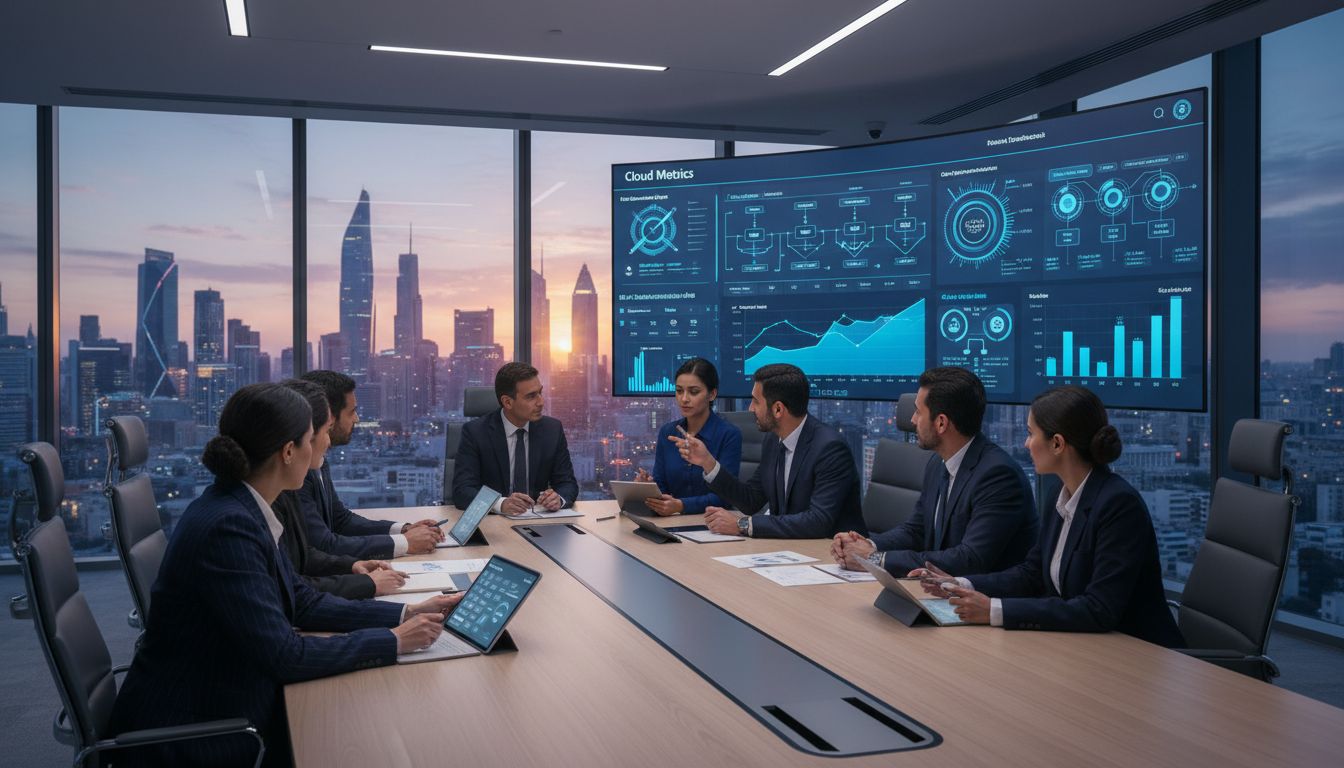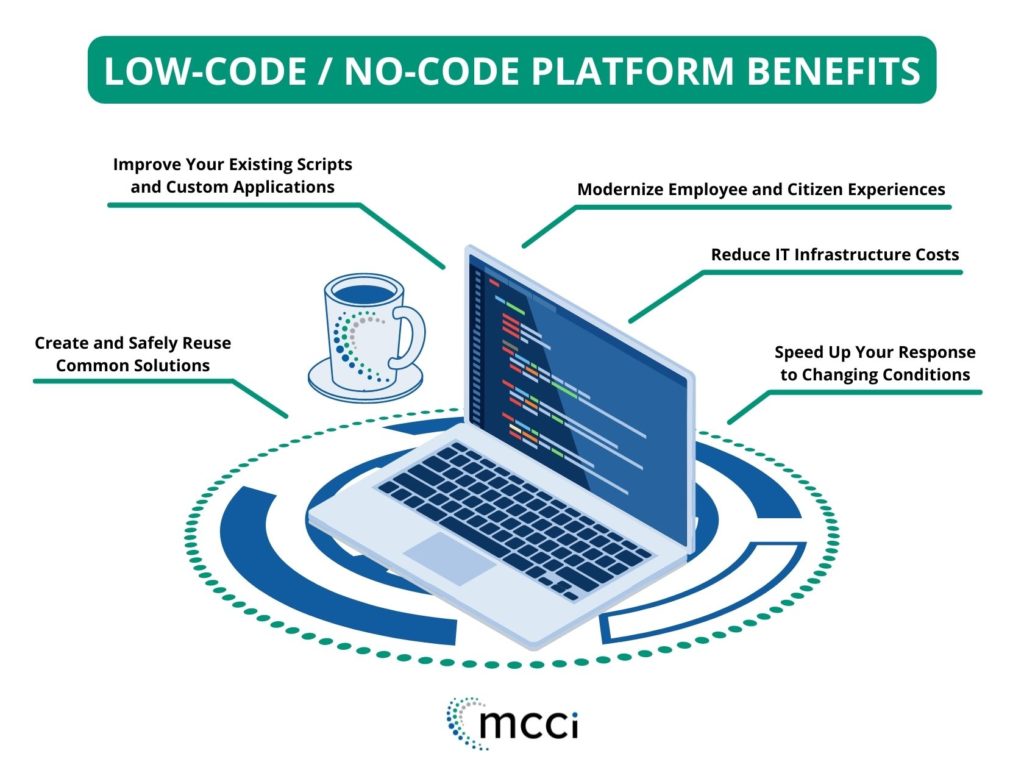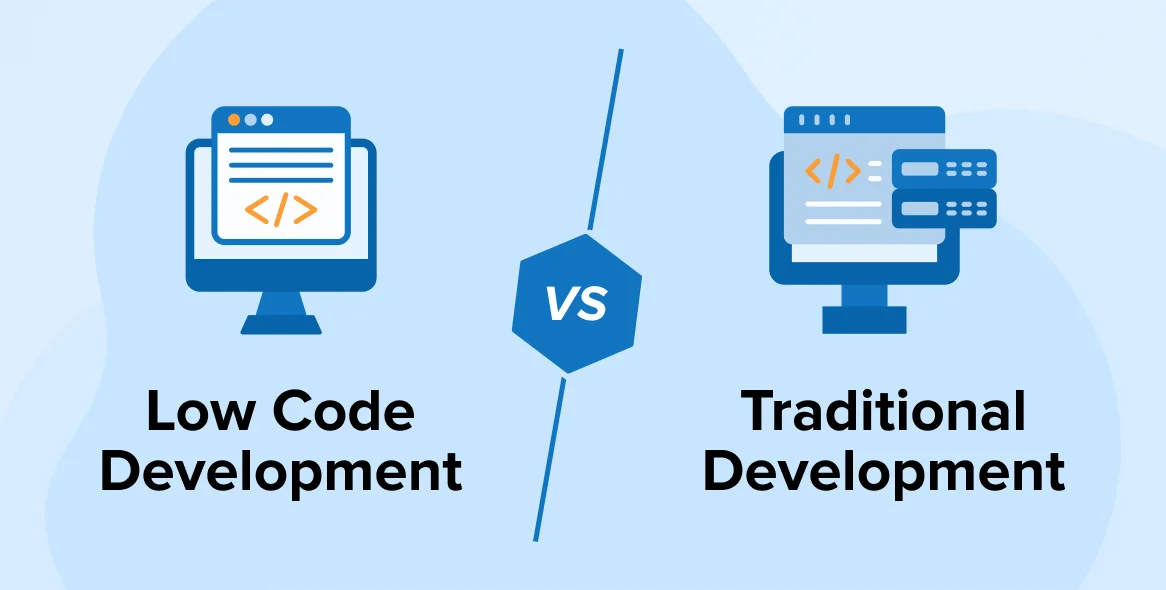Understanding the difference between ERP and CRM is crucial to defining what your business really needs as each system serves distinct functions and scope.
By clearly understanding the special features of these systems, you can make smart choices about what is most important for your business. This will help you choose a solution that not only meets but also improves your business objectives.
Defining What is an Enterprise Resource Planning System (ERP)
An Enterprise Resource Planning (ERP) system is a comprehensive software solution that integrates and streamlines various business processes in a company. It acts as a single hub for handling important tasks.
ERP software usually comprises modules or applications specifically developed to address the individual needs of a business. These modules are built with the goal of working together and exchanging data across the organization without the need for manual data entry and reconciliation.
The Key Features of ERP System
- Centralized Database: A single hub where all data from different departments is stored and organized, making sure everyone uses the same, correct information.
- Customizable System: Adjust and expand the system to fit your business’s specific needs, including adding or removing features when needed.
- Smooth Connection: Connects various departments and tasks, making operations more efficient and improving communication throughout the company.
- Current Information: Provides the latest data, helping make smart choices and fast reactions to updates.
- Helpful Reports and Analysis: Comes with features to create detailed reports and analyze data, finding patterns and chances to boost progress.
How ERP Systems Benefit Different Businesses?
ERP systems aim to:
- Boost effectiveness, cut expenses, and improve decision-making processes
- Ensure increased data accuracy, real-time insight into the business, and better cooperation among departments through technology.
- Help companies use technology to handle simple jobs more easily, cut down on paper forms, and better follow rules set by authorities.
- ERP software often includes reporting and analytics tools that help managers make the right decisions that are based on the most recent information.
What is Customer Relationship Management (CRM)?
Customer Relationship Management (CRM) is a comprehensive business strategy and set of tools designed to simplify interactions with customers. It involves collecting and examining extensive data about customers from various touchpoints to truly grasp their preferences and behaviors. This data helps in making marketing more suited to each customer, offering better service, and creating strong, profitable connections over time.
Highlighting Customer Relationship Management Main Components
- Managing Customer Information
This system gathers and safely keeps details about customers; their contact information, what they buy, what they like, and how they interact with us. This helps make their experiences better and build better relationships with them.
- Sales Force Automation
This tool makes selling easier by helping keep track of potential customers and manage chances to make sales.
- Automating Marketing
This feature handles marketing jobs like sending emails, posting on social media, and guiding potential customers through the buying process. It makes these tasks more efficient and saves time.
- Handling Customer Support
This part deals with questions, complaints, and help requests from customers. It makes sure these issues are solved quickly and well.
- Analyzing Data
This tool looks at customer information to find out what’s popular, what’s happening, and how we can keep getting better.
Benefits of Customer Relationship Management System
Better Customer Satisfaction: Knowing what customers want helps companies offer better help and service, making customers happier overall.
More Sales: CRM tools help find chances to sell, take care of potential customers, and make deals more successfully.
Stronger Customer Trust: Creating good connections with customers through CRM brings them back for more and gets them to recommend the business to others.
Increased Productivity: Using automation and simplifying procedures helps save time and resources.
Informed Decisions: Customer Relationship Management (CRM) offers useful information that aids in making well-informed decisions.
Comparing the function scope of ERP and CRM systems
Focus | Function | scope | Examples | |
ERP | Coordinated handling of essential business operations. |
| Wide-ranging, involving various sections and roles across the company. |
|
CRM | Handling customer interactions. |
| Mainly dealing with activities that involve direct contact with customers. |
|
Singlclic: Expert provider for ERP & CRM
Singleclic is a top company that offers help with transforming businesses to use more digital tools, especially with software for managing business resources and customer relationships. They work closely with Microsoft Dynamics 365 to provide these services. Singleclic doesn’t just help businesses go digital; they work with them to improve and make their processes better, which helps them perform even better.
The company pays attention to what each customer needs and uses its knowledge of online programs to connect customer management and business planning tools. This smart way of working makes things run smoother and helps build better connections with customers, allowing companies to succeed in a competitive market.
Conclusion
Now that you understand the difference between ERP and CRM, you realize the value of combining them for your business’s success.
It’s also important to consult with a certified expert who can maximize the benefits of both systems.
Singleclic is skilled in this area, providing tailored advice to help you merge and improve ERP and CRM systems efficiently. Their knowledge helps you make the most of these systems, boosting your business operations and promoting growth.
Reach out to our expert team today, and let us be your partner in success.









